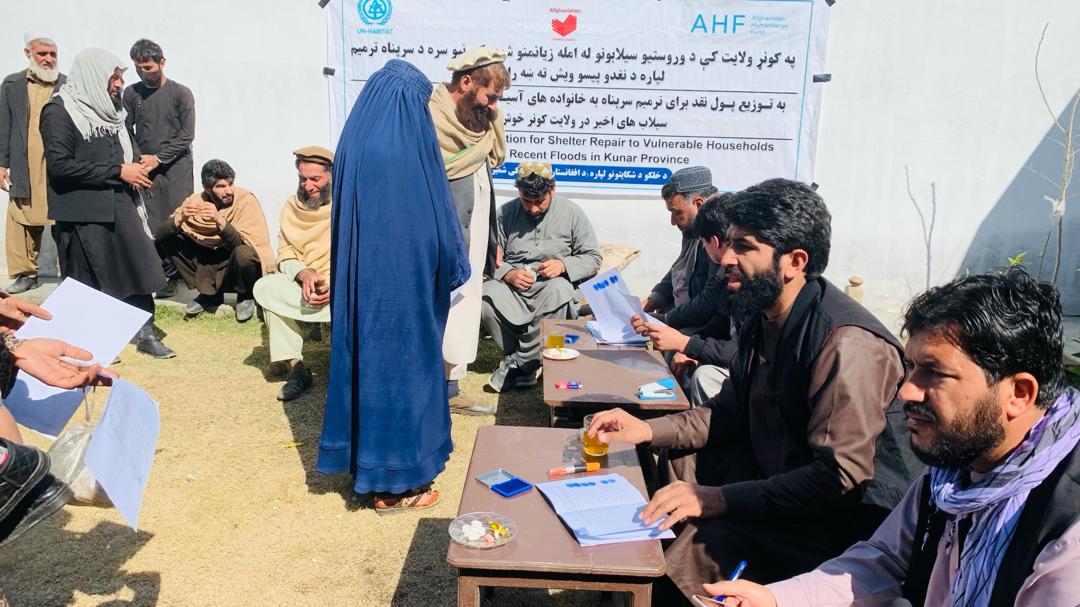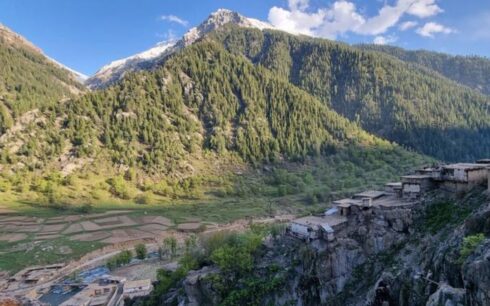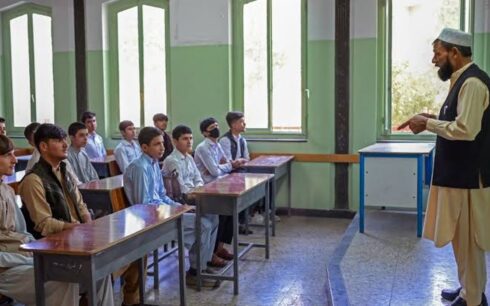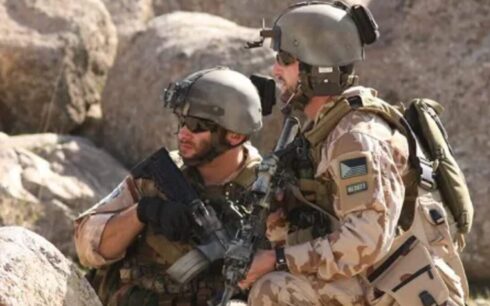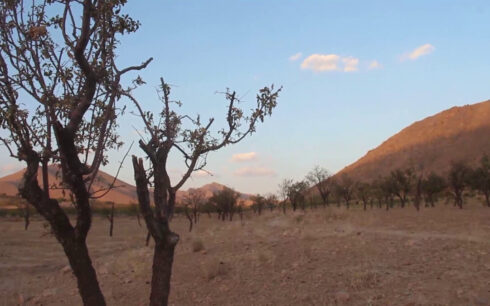KABUL, Afghanistan — The International Federation of Red Cross and Red Crescent Societies (IFRC) has warned that Afghanistan’s worsening humanitarian crisis can only be alleviated by breaking the country’s ongoing political impasse, which has obstructed trade and foreign investment, exacerbating poverty and malnutrition.
Alexander Matheou, the IFRC’s Asia regional director, emphasized that the global diplomatic deadlock over Afghanistan is impeding critical economic initiatives. “The only way to break dependence on humanitarian aid is to resolve this diplomatic deadlock,” he said. “If trade and development investments could resume, we could begin building resilience and economic independence for local humanitarian organizations.”
Mr. Matheou also provided a stark overview of Afghanistan’s humanitarian needs, noting that over 23 million people, more than half of the population, require urgent assistance. Among them, roughly 10 percent, mostly children, are facing severe malnutrition. “In clinics of the Afghan Red Crescent and other health facilities, the number of children hospitalized with severe acute malnutrition is rising sharply,” Mr. Matheou said. “Therapeutic feeding programs are critical, but they are an emergency measure, not a long-term solution.”
The United Nations and humanitarian organizations have reported similar concerns, citing that more than 10 million people in Afghanistan are food insecure. Children are particularly vulnerable, as poverty, unemployment, and dependency on aid continue to climb in the face of Afghanistan’s economic isolation. Despite efforts from international donors, including a recent €31 million ($33 million) donation from the European Union to support health services for women and children, the global response has been insufficient to meet Afghanistan’s vast needs.
In Kabul, residents describe an increasingly desperate situation. “People’s economic conditions are terrible,” said Ahmad, a Kabul resident. “Winter is coming, and people can’t afford fuel or even basic necessities.” Another resident, Firdous, echoed these concerns, saying, “Poverty and unemployment are at an all-time high. It’s a struggle just to find a piece of bread.”
The IFRC reiterated that only sustained economic development and political stability can provide lasting relief to the millions of Afghans struggling with extreme hardship.

